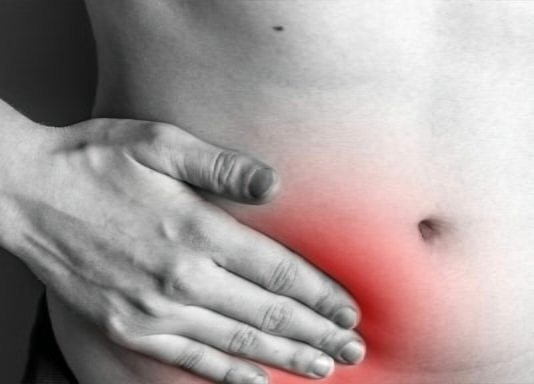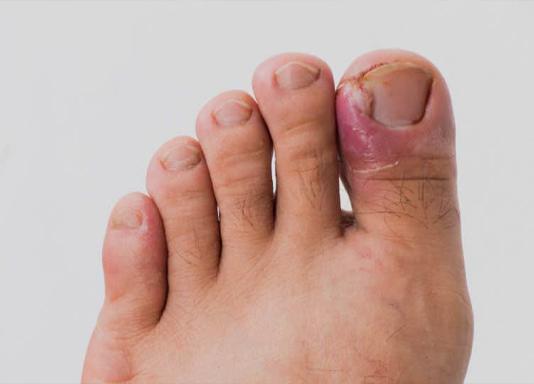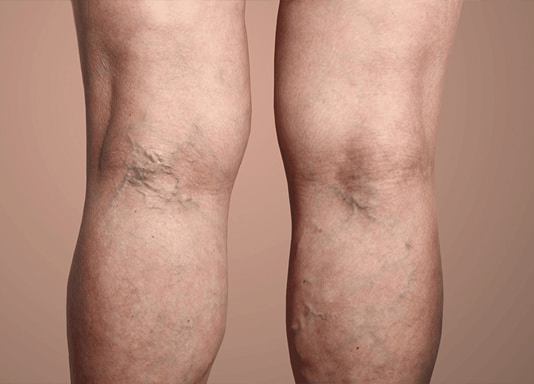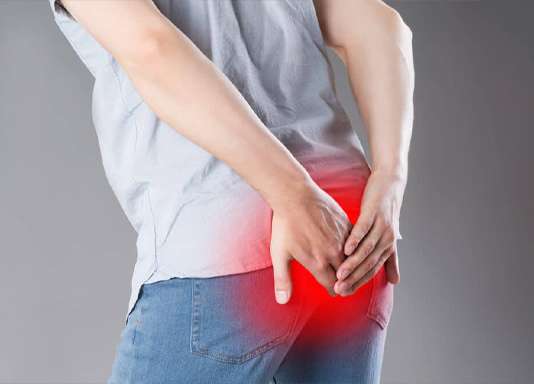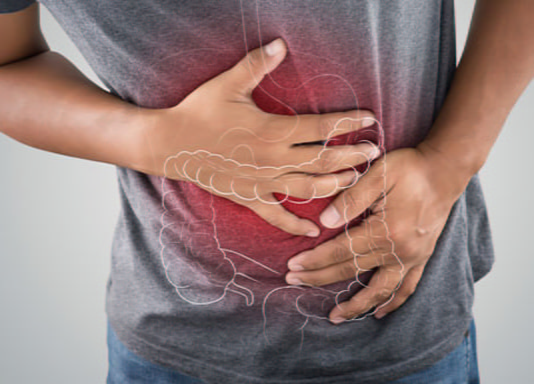Things You Most Likely Didn’t Know About Hernia
A hernia occurs when an internal organ protrudes through a weak part of muscle frequently from a natural opening or weakness. The most common areas for this to appear are the abdomen and groin, but it can also occur in other areas such as the chest, neck and even ears.
Hernias are a common medical problem requiring surgery if they cause pain or discomfort. Around 50% of all adults have had a hernia at some point in their life, with one out of every four people having surgery for a hernia during their lifetime.
If it becomes obstructed, strangulated or incarcerated, it can be very painful. The hernia may get worse and the organ may become obstructed, strangulated or incarcerated.
Causes of Hernia:
Hernias cause no symptoms in about 25% of people who have them.
While some hernias cause no symptoms, most people who have them experience some signs and symptoms.
The most common symptom is a bulge in the affected area that may be visible when straining or bearing down. You might also notice it when coughing or sneezing.
About 20% of men and 3% of women will develop a hernia at some point in their lives.
- The risk increases with age, from about 5% before age 50 to 30% after age 80.
- Obesity is one of the strongest risk factors for developing a hernia. It may triple your risk!
- Other factors that increase the likelihood of getting a hernia include previous abdominal surgery (such as an appendectomy), heavy lifting or straining activities like running or playing sports on uneven surfaces (for example, basketball), family history (if your father had his appendix removed as a child).
The most common symptom of all types of hernias is a bulge or lump in the affected area. This often isn’t painful and doesn’t become so until you strain or bear down, as when coughing or lifting heavy objects.
If you have a ventral (groin) hernia, you may develop symptoms such as:
- pain around your groin area that’s worse when you cough, strain or lift heavy objects
- swelling around your groin area
The discomfort can be mild to severe but usually goes away if you rest for several days. In some cases, however, the discomfort becomes more severe and lasts longer than usual. This could mean that your hernia has become strangulated—strangulation means that blood flow has been cut off from an organ inside your body because its blood vessels got caught on something. Organ strangulation can lead to tissue death (gangrene), infection and general complications from not having enough oxygenated blood flowing through it—all serious problems!
It’s important to note that hernias are usually not noticeable until they become painful. They may be most noticeable when straining or bearing down because this increases pressure within the abdominal cavity. This is why a hernia can cause pain while lifting heavy objects, coughing, sneezing, laughing, and even just walking around.
Hernias can develop slowly over time, so they do not typically “appear” quickly.
- Congenital: A hernia is congenital when it is present at birth, as a result of a structural abnormality like a weakness in the fascia or internal ring that can be seen on an ultrasound.
- Acquired: A hernia is acquired when it develops later in life due to injury or strain (such as lifting heavy objects), which usually results in the weakening of abdominal muscles and tissues.
- Internal vs external: Hernias are classified according to the location where they occur within your body cavity (abdominal cavity). For example, an umbilical hernia occurs near your belly button because of pressure on surrounding tissues; whereas an inguinal hernia occurs near your groin due to excess abdominal fat pushing through weak tissue areas between bones and muscles. An indirect inguinal hernia occurs beneath the rectus abdominis muscle while direct inguinal hernias occur above this muscle layer under the peritoneum (lining of abdomen cavity). This classification system helps doctors determine appropriate treatment options for each specific type of patient depending upon their anatomy and symptoms experienced over time since diagnosis was made by medical professionals such as surgeons specializing in this area who specialize in treating everything from common issues like lower back pain all-the-way up through complex conditions like heart disease.”
A hernia is a common medical problem requiring surgery if needed. Please refer to our best general surgeon for proper evaluation and treatment.



